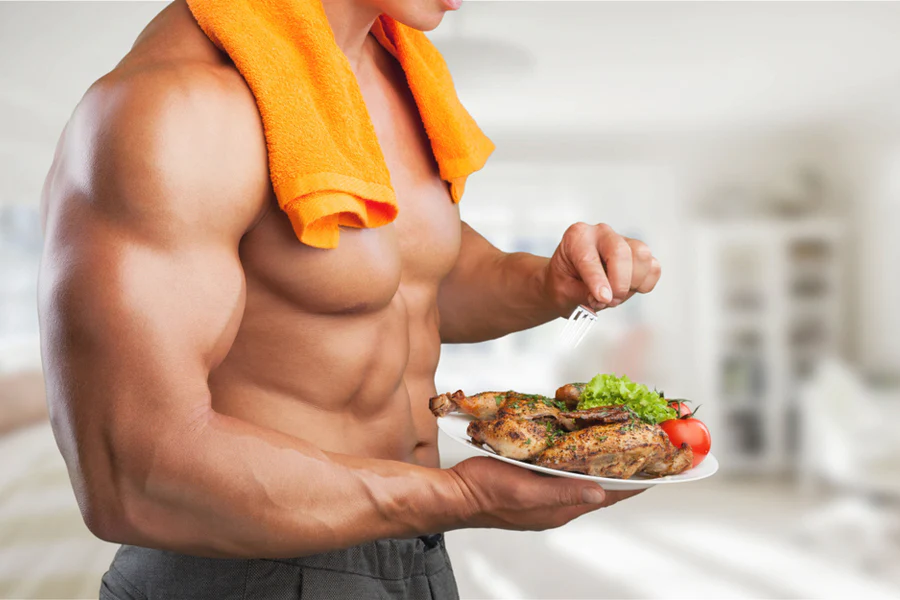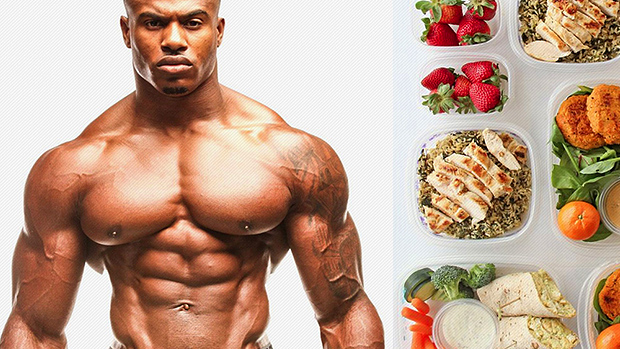As a weightlifter, your diet plays a crucial role in fueling your workouts, supporting muscle growth, and enhancing recovery in weightlifting. To achieve your fitness goals and maximize your performance in the gym, it’s essential to follow a well-balanced diet plan tailored specifically for weightlifting. Here’s a comprehensive guide to designing an effective diet plan for weightlifters:
Prioritize Protein Intake
Protein is essential for muscle repair and growth, making it a fundamental component of a weightlifter’s diet. Aim to consume high-quality sources of protein with each meal, such as lean meats, poultry, fish, eggs, dairy products, and plant-based sources like tofu, tempeh, and legumes. Shoot for a protein intake of around 1.2 to 2.2 grams per kilogram of body weight per day, depending on your training intensity and goals.
Include Carbohydrates for Energy
Carbohydrates are your body’s primary source of energy, making them crucial for fueling intense weightlifting workouts. Opt for complex carbohydrates like whole grains, fruits, vegetables, and legumes, which provide sustained energy and support workout performance. Aim to consume carbohydrates before and after your workouts to replenish glycogen stores and optimize recovery.
Don’t Forget Healthy Fats
While protein and carbohydrates often take center stage in a weightlifter’s diet, healthy fats are equally important for overall health and performance. Incorporate sources of healthy fats such as avocados, nuts, seeds, olive oil, and fatty fish into your meals to support hormone production, joint health, and nutrient absorption. Aim to include a small portion of healthy fats with each meal to promote satiety and balance your macronutrient intake.

Hydrate Properly
Proper hydration is critical for optimal athletic performance and recovery. Aim to drink plenty of water throughout the day, especially before, during, and after your workouts. Dehydration can impair strength, power, and endurance, so make it a priority to stay hydrated to support your weightlifting goals.
Meal Timing and Composition
When planning your meals, consider both timing and composition to optimize performance and recovery. Eat a balanced meal containing protein, carbohydrates, and healthy fats approximately 2-3 hours before your workout to provide sustained energy and support muscle repair. After your workout, consume a post-workout meal or snack rich in protein and carbohydrates to replenish glycogen stores and kickstart the recovery process.
Listen to Your Body
Lastly, listen to your body and adjust your diet plan as needed based on your individual needs, preferences, and training goals. Pay attention to hunger cues, energy levels, and performance in the gym, and make adjustments to your diet and meal timing accordingly. Experiment with different foods, meal timing strategies, and nutrient ratios to find what works best for you and supports your weightlifting endeavors.
Focus on Nutrient Timing
In addition to overall meal composition, consider the timing of your nutrient intake to maximize performance and recovery. Around your workouts, prioritize consuming a balanced meal or snack containing both protein and carbohydrates. Consuming protein before your workout can help fuel muscle protein synthesis during exercise, while carbohydrates provide the necessary energy for high-intensity lifts. Post-workout, aim to consume a meal or protein-rich snack within 30 minutes to an hour to replenish glycogen stores and kickstart muscle recovery.
Conclusion
By following a well-balanced diet plan tailored specifically for weightlifters, you can fuel your workouts, support muscle growth, and optimize performance in the gym. Prioritize protein intake, include carbohydrates for energy, incorporate healthy fats, stay hydrated, pay attention to meal timing and composition, and listen to your body to design an effective diet plan that helps you achieve your weightlifting goals. With proper nutrition and smart dietary choices, you can take your weightlifting performance to the next level and maximize your gains in the gym.
